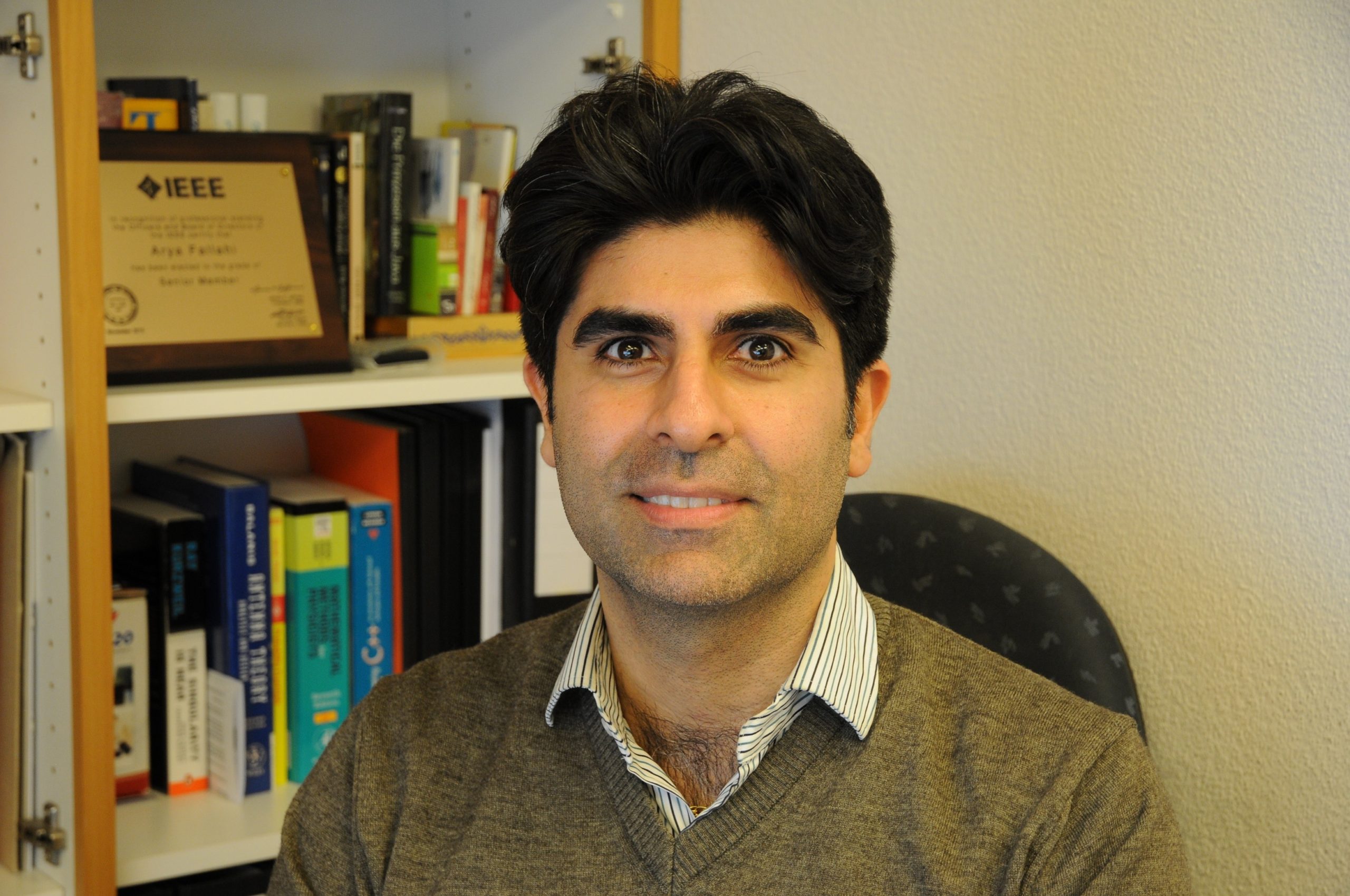Biography
Dr. Arya Fallahi was born in 1982 and raised in Tehran, Iran. He finished his high school studies as the winner of the Gold Medal in the National Physics Olympiad in 1999. Dr. Fallahi earned bachelor’s degrees in both applied physics and electrical engineering from the Sharif University of Technology in 2004 and completed the master of science degree in electrical engineering at Tehran University in 2006. He then moved to Switzerland, where he worked on electromagnetic properties and applications of metamaterials as a doctoral student. He earned his Ph.D. degree from the Swiss Federal Institute of Technology (ETH Zurich) in 2010, winning a prestigious ETH Medal for outstanding Ph.D. Thesis. After the Ph.D., he joined the Paul Scherrer Institute (PSI) for a two-year post-doctoral appointment in the Accelerator Modelling and Advanced Simulations (AMAS) group. In 2012, he moved to Germany to work as a computational physicist in the ultrafast optics and X-ray sources group of the Deutsches Elektronen-Synchrotron (DESY), in the Centre for Free-Electron Laser Science (CFEL) in Hamburg. Since 2019, he is holding a joint position between ETH Zürich as a senior research scientist and IT’IS foundation as a project leader in computational electromagnetics. At ETH Zürich, he focuses on research on cooling electron beams, which is recently funded by the Swiss National Science Foundation (SNSF) and at IT’IS Foundation, he contributes to various research projects on the effect of electromagnetic radiation on the human body.
Tentative title:
Terahertz Acceleration Technology Towards Compact Light Sources
Websites:
https://www.photonics.ethz.ch
https://www.itis.swiss
Short Abstract:
Novel compact accelerating structures are highly favorable compared to conventional devices for studies where high-energy bunches in small but applicable charges are required. Increasing the operation frequency and shrinking the accelerating devices is a suitable path for improving the accelerators’ performance. For this purpose, energy transfer to electrons should be realized in shorter distances, which in turn means introducing higher accelerating gradients. Moreover, higher accelerating gradients enable beams with higher quality due to lower emittance growth. However, increasing the operating frequency from RF to optical regimes introduces serious challenges in synchronization, stability, and acceleration of considerable charge amount. Consequently, THz acceleration will likely serve as the optimal operation regime for compact accelerators.
Despite the already-realized high power radiation sources enabling ultrahigh electric fields, increasing the acceleration gradients above the state-of-the-art values is hampered by the damage threshold of materials. Recent studies on damage mechanisms in accelerators have revealed the strong dependence of operation threshold on the time duration over which fields are influencing the device. Therefore, fast accelerating principles based on short excitations need to be developed for further increasing the accelerating gradient. The presentation will discuss conceptual developments and proof-of-principle studies for THz acceleration using short pulses. The concepts developed here pave the way towards the realization of cheap and compact particle accelerators with control of particles over ultrashort time scales. The introduced concepts comprise three groups focusing on: (1) fast electron sources, (2) THz injectors, and (3) THz linacs. The final goal of the above studies is a fully THz-driven compact light source facility, whose start-to-end simulation will conclude the presentation.

